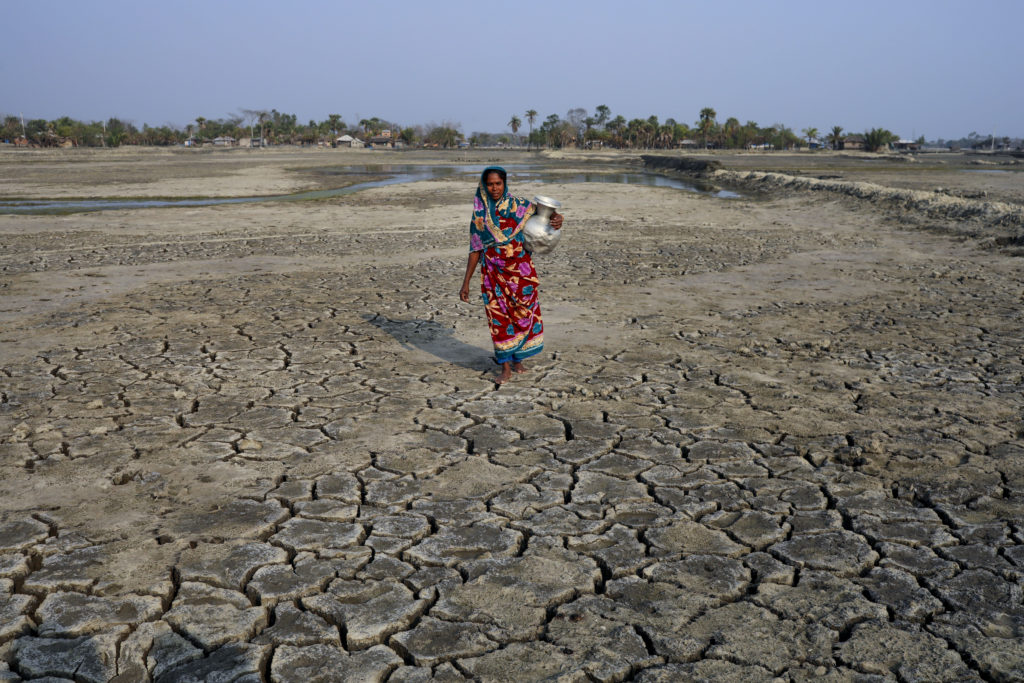12. June 2025
New study by the Advisory Board: Civilian Crisis Prevention through Environmental Peacebuilding
This study discusses the potential of environmental peacebuilding and shows what role Germany can play, particularly by promoting innovative approaches in the areas of climate and security. To this end, existing lessons learned from various environmental peacebuilding projects are presented.
In the context of the further development of the German government’s guidelines “Preventing Crises, Managing Conflicts, Promoting Peace”, the study provides an overview of scientific findings and case studies and uses them to develop concrete recommendations for action.
“Peacebuilding does not take place in a vacuum but is closely related to a variety of fields of action. As a threat multiplier, the #climate crisis in particular has the potential to contribute to new conflicts, exacerbate existing ones and compromise #peace efforts. Approaches such as environmental peacebuilding address these interdependencies and are therefore well suited to promote sustainable development and long-lasting peace. However, more funding and the continuous involvement of civil society representatives are needed,” emphasizes Dr. Kira Vinke, member of the Advisory Board and co-author of the study.
Dr. Barbora Šedová, also a member of the Advisory Board and co-author of the study, adds: “Environmental peacebuilding can be a vital tool for addressing the intensifying climate impacts on conflicts. In contexts where resources are limited, international support may play an important role. However, to avoid unintended adverse consequences of hybrid approaches – where external support blends with local traditions – such efforts must be sensitive to the local contexts.”
